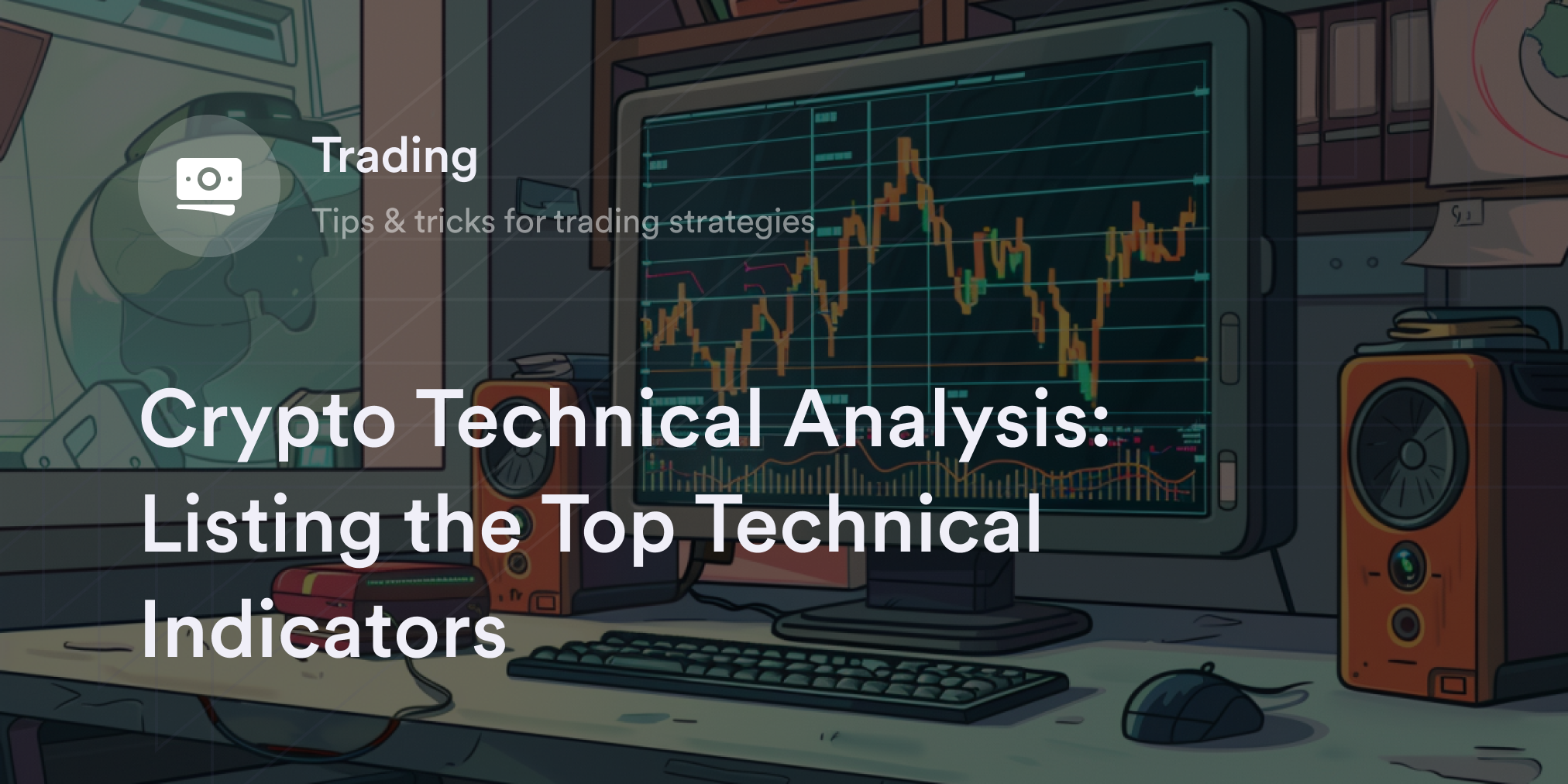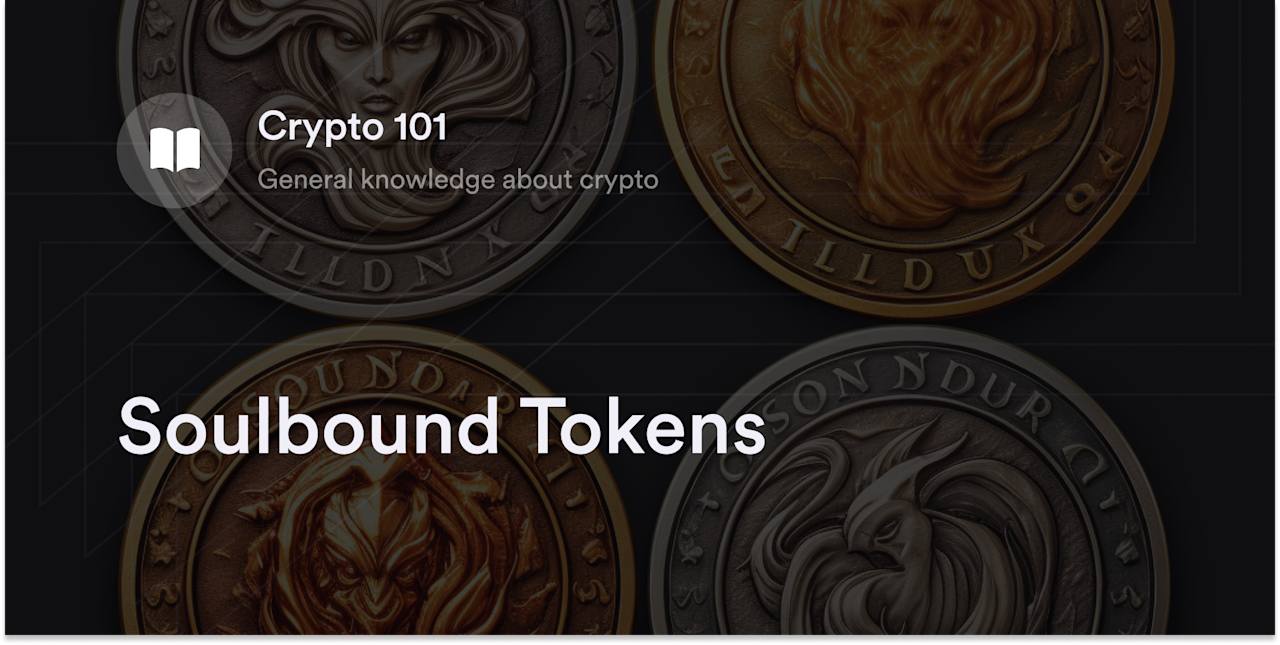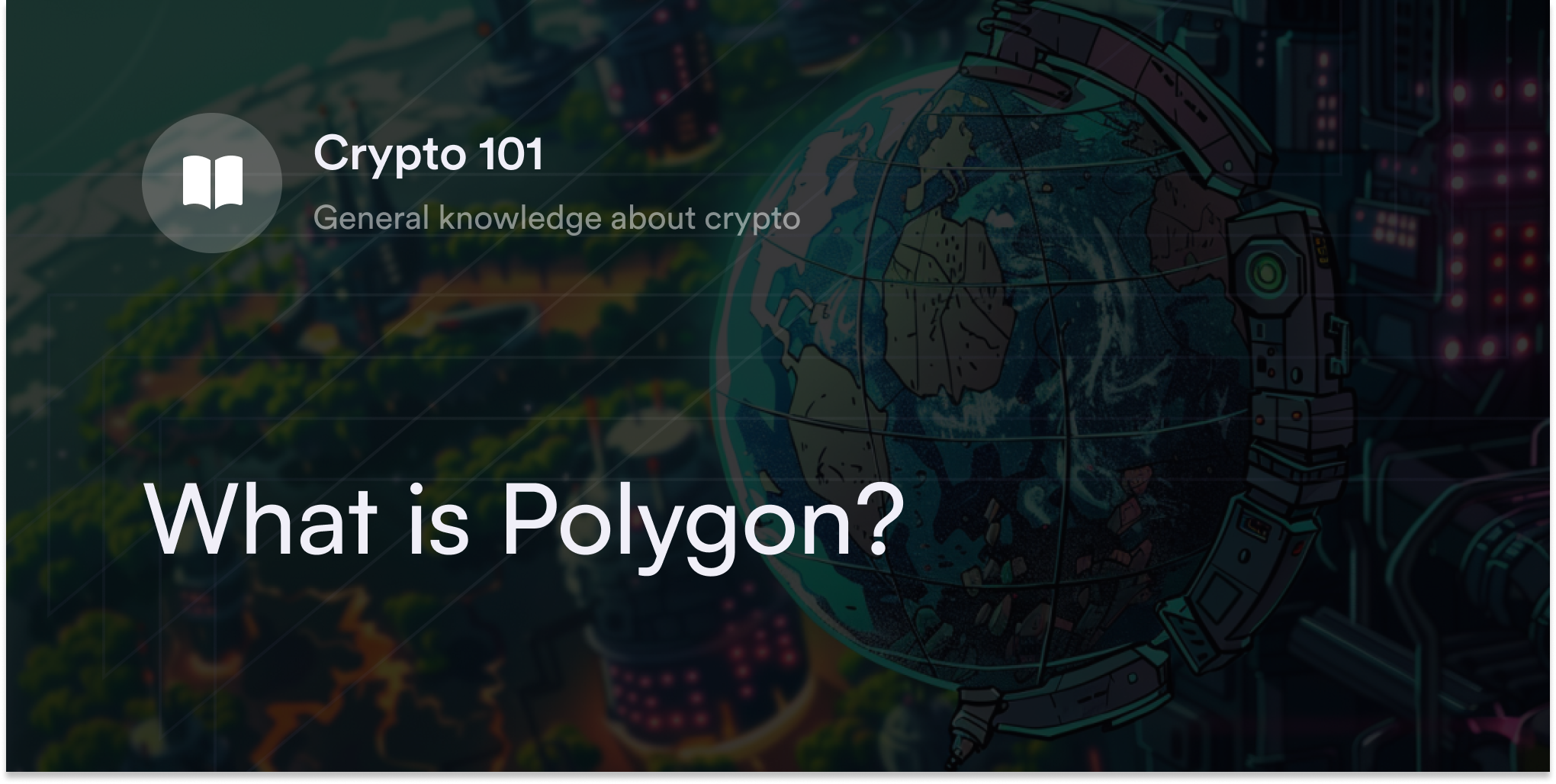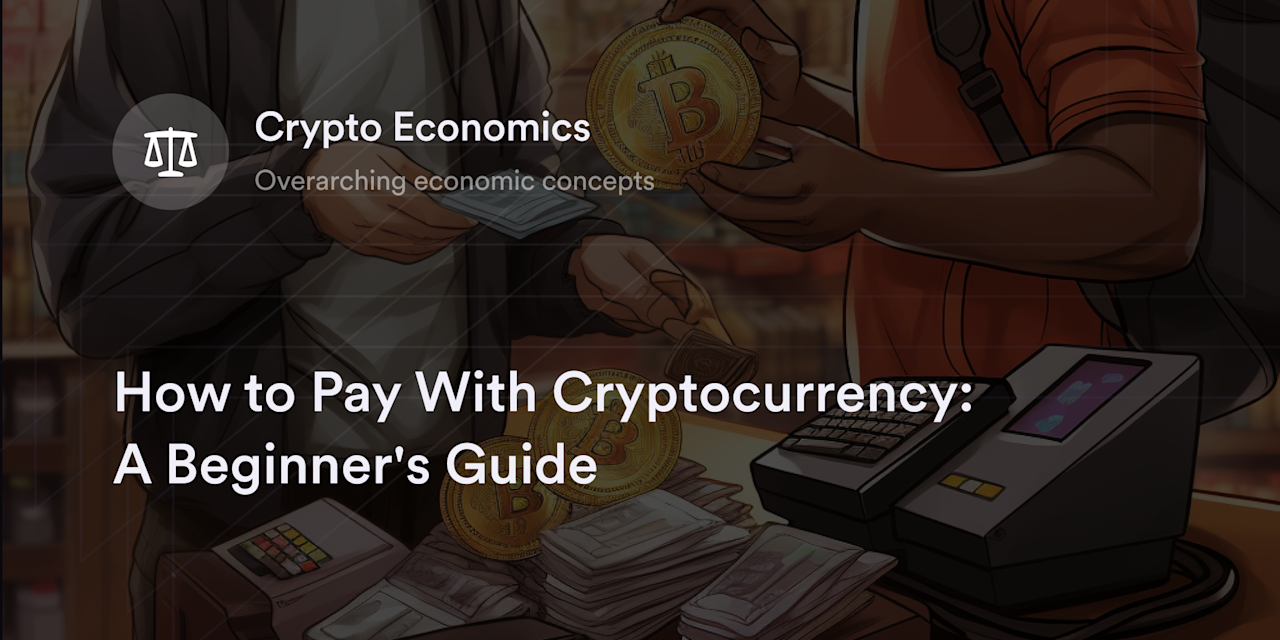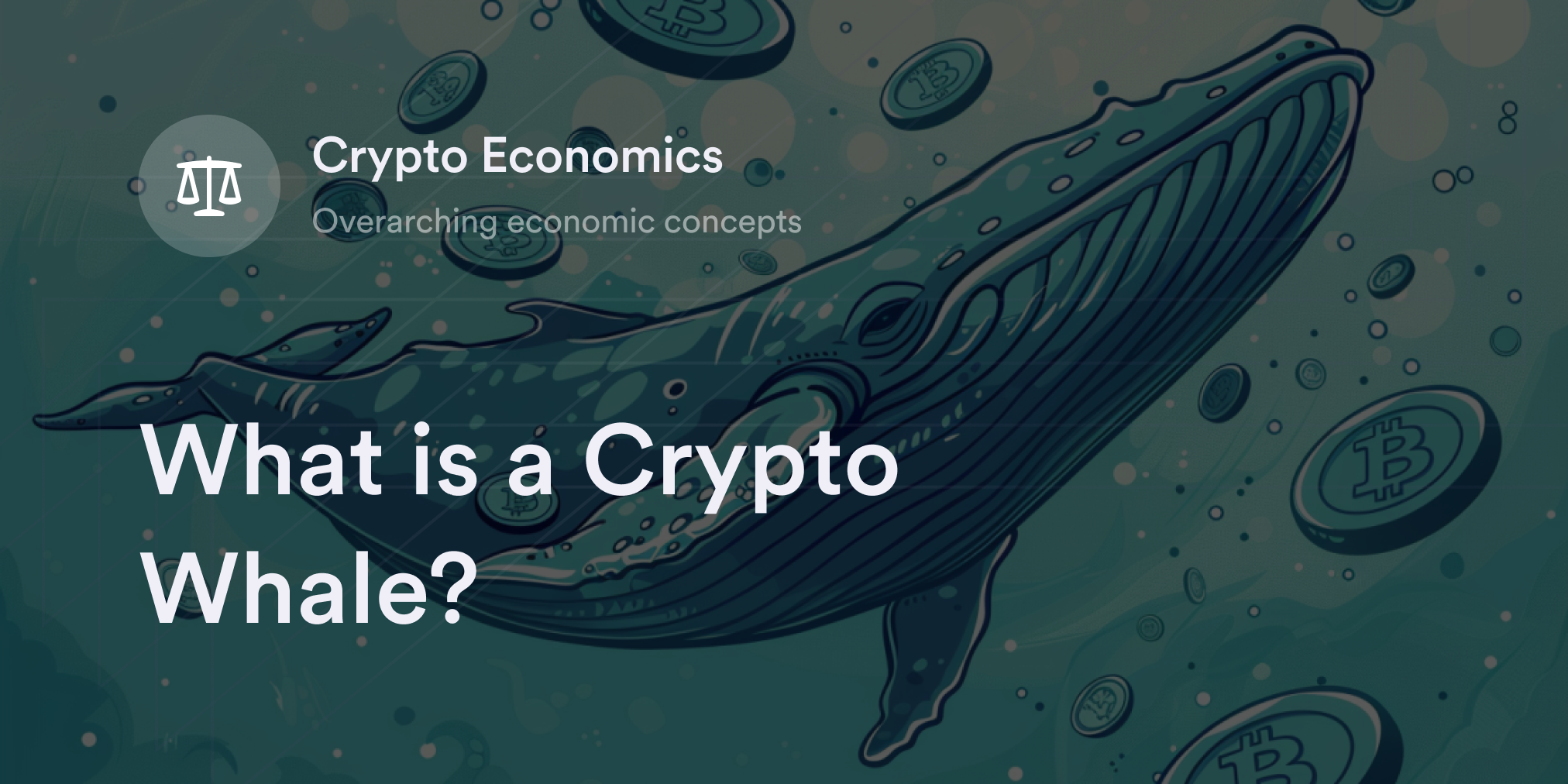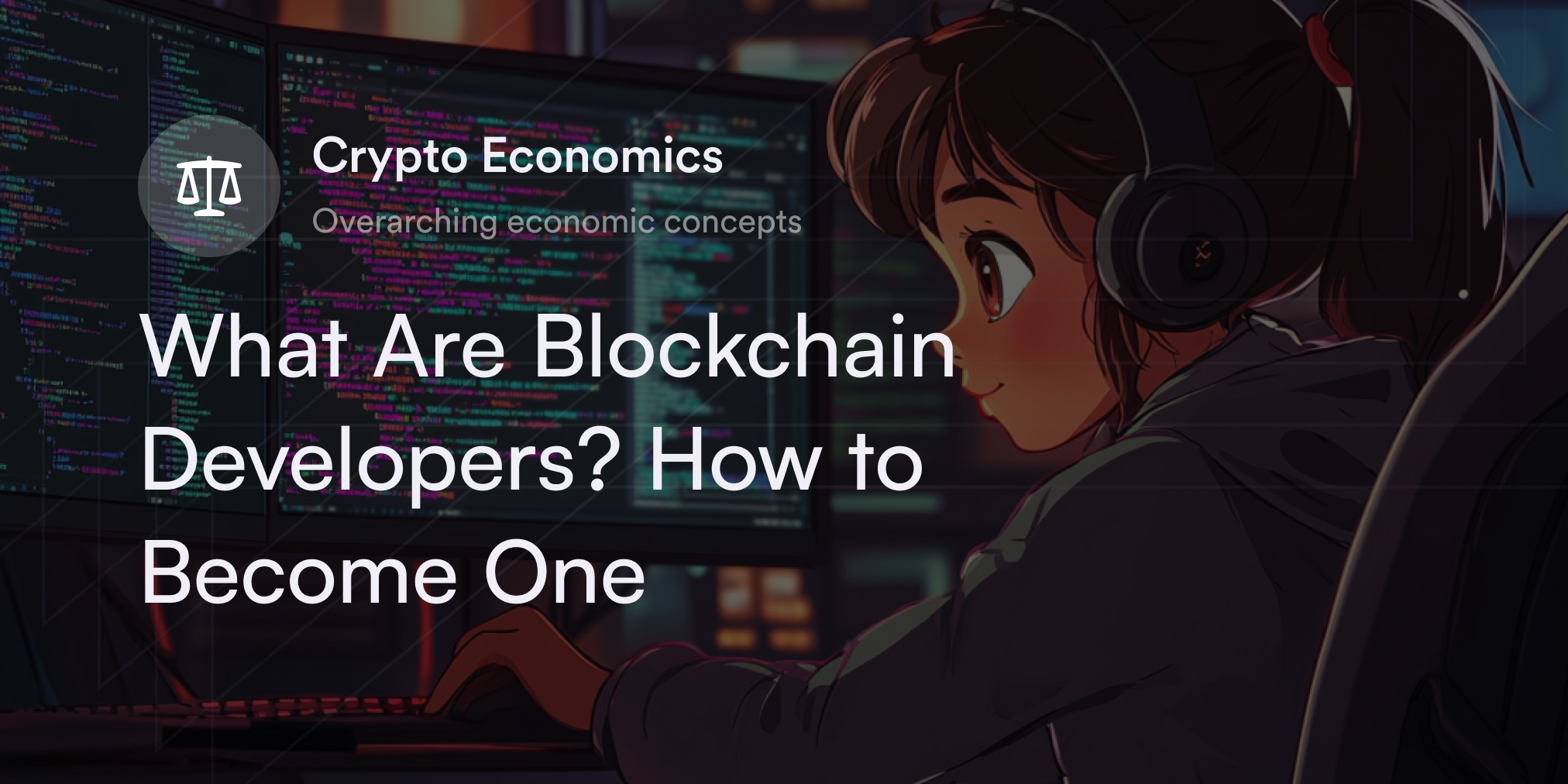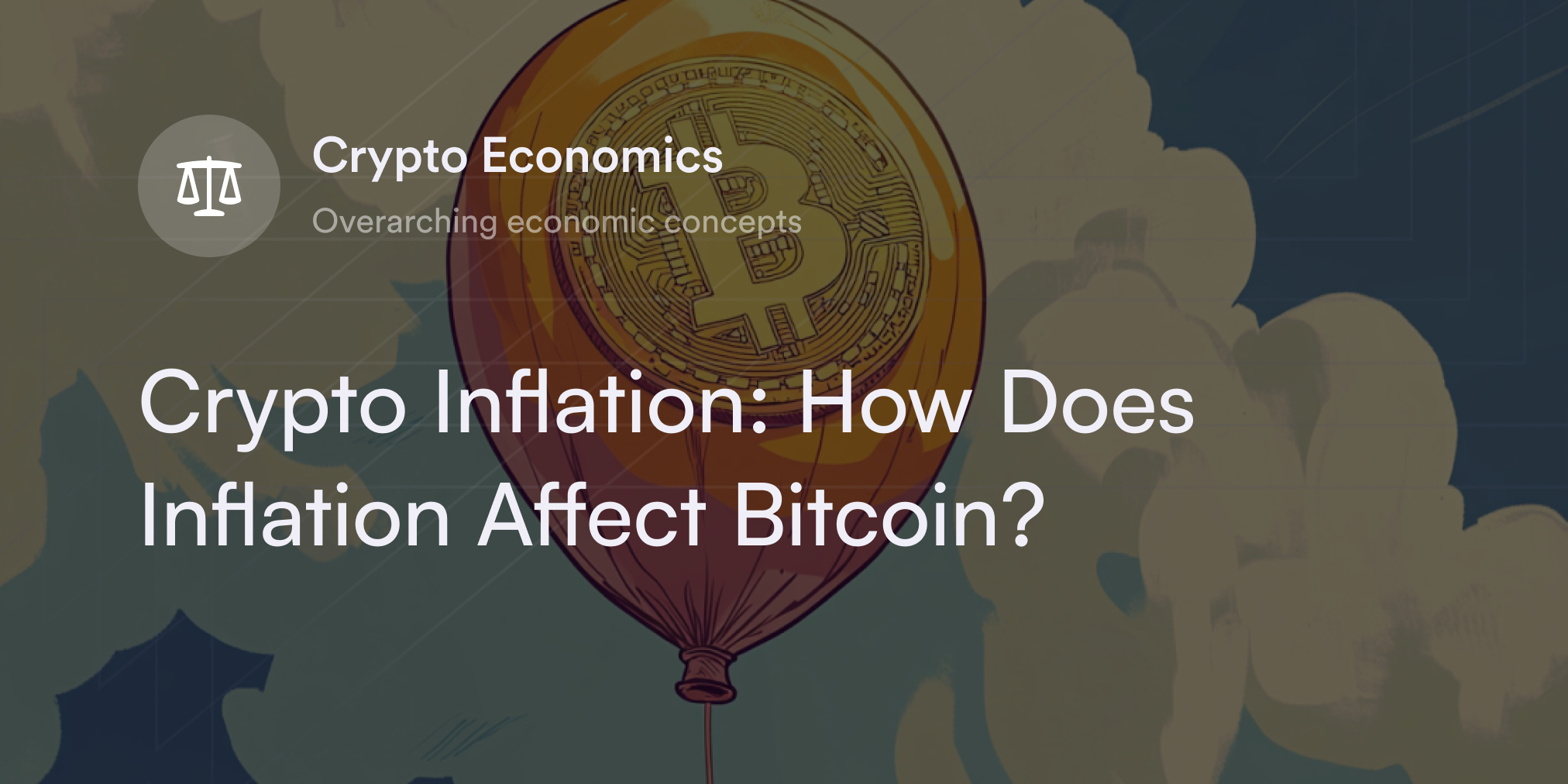
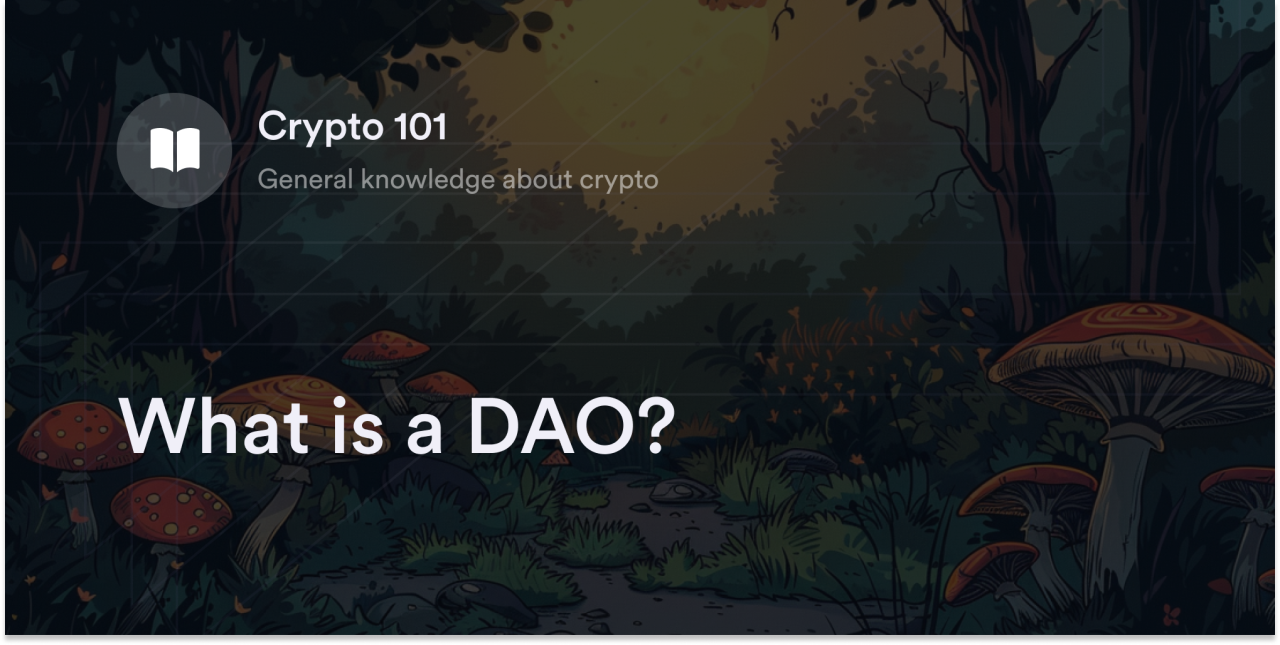

After one of the largest crypto exchanges FTX collapsed, the cryptocurrency market faced a major downturn in 2022, leading people to question the cryptocurrency industry’s decentralization. Some even called the event apocalyptic. Despite this, Web3 projects using programs called decentralized autonomous organizations (DAOs) gain attention. That’s because DAOs allow people to make decisions through voting within a decentralized environment, promoting community ownership and transparency.
According to 2023 data, DAOs hold roughly $25 billion in their treasuries, making them one of the best-funded sectors in emerging crypto fields like decentralized finance (DeFi). As more crypto flows into DAO treasuries, these organizations emerge as the dominant governance structure in Web3. Some diehards even claim DAOs represent a revolutionary leap forward for democracy and global governance procedures––and could replace traditional business models.
So what is a DAO in crypto, how does it work, and why are so many Web3 developers learning how to create DAOs? Also, are there any risks traders should know before getting involved with these protocols?
What is a DAO in Crypto?
A DAO is an online governance structure where no single entity has total control. Think of DAOs as a peer-to-peer (P2P) network like Napster or Bitcoin (BTC), but instead of sending music files or BTC, DAOs verify and record digital ballots. DAOs are similar to a government organization or a company's board of directors, except they run on blockchain technology and don't have a hierarchical chain of command. DAOs use the same decentralized computer networks for cryptocurrencies, such as Ethereum (ETH) and Solana (SOL), to provide users equal access to voting on proposals and a transparent record of prior decisions.
Although computer scientist Dan Larimer introduced the theory for DAOs in the mid-2010s, it wasn't until Ethereum went live that DAOs went mainstream. Specifically, the "smart contracts" on Ethereum's protocol helped make the world's first DAOs possible. These “contracts” are special computer programs that facilitate complex pre-programmed commands. Since smart contracts remove intermediaries from decision-making, they allow people to securely vote on digital platforms without submitting these tallies to a centralized ballot checker. These contracts on DAOs automatically execute the "will of the community" and record this data on a public ledger, promising a trustless non-hierarchical voting experience.
An Ethereum-based project called "The DAO" was the first—and most notorious—DAO in crypto history. In 2016,traders paid $150 million to participate in The DAO's unconventional governance community, including voting rights on distributing funds in its virtual treasury. However, a few months after The DAO's launch, hackers broke into the project's smart contract code and stole $50 million worth of crypto funds. The "DAO hack" triggered a split in the Ethereum development community, with one side opting to create a new blockchain to reimburse traders and others arguing any third-party interference went against decentralization’s ethos. Today, the Ethereum Classic (ETC) blockchain is the original Ethereum with the DAO hack in its ledger, while Ethereum manually restored the stolen DAO funds.
With such a high-profile hack, it may seem like DAOs would be "dead on arrival." However, Web3 developers were undeterred by this massive exploit, and hundreds of new crypto projects turned to DAOs to give their users a say in protocol upgrades. Recent data suggests DAOs account for roughly 40% of the total value in the DeFi sector, and other projects like play-to-earn games and non-fungible token (NFT) collections use DAOs to drive engagement with their online communities.
How do DAOs Work?
Each DAO has unique procedures, but most issue cryptocurrencies called "governance tokens," each of which equals one "vote" on the protocol. Developers "write" the rules community members need to follow into smart contracts and deploy them on dedicated "governance portals." Whenever developers or community members want to change a dApp or move funds in the DAO's treasury, they write a proposal in a governance portal and put it up for a vote. People who hold the dApp's governance tokens stake these cryptocurrencies directly into a smart contract to vote for or against the proposal. Once the scheduled voting window closes for a DAO proposal, the smart contract tallies the votes and executes the winning side's commands.
For example, the ApeCoin DAO is a Web3 community centered around Yuga Labs' popular NFT collection, Bored Ape Yacht Club (BAYC). In mid-2022, ApeCoin’s community members voted to keep the ApeCoin cryptocurrency (APE) on the Ethereum blockchain or migrate to a competing blockchain like Avalanche. Once the voting period ended, 54% of APE holders voted to stay in Ethereum, so the smart contract didn't enact a protocol change.
How to Join a DAO
To join a DAO, buy the official governance token associated with a Web3 project's protocol. If you have the associated cryptocurrency in your digital wallet, you can link your crypto account on a DAO's homepage and participate in voting procedures. For example, if you want to join decentralized crypto lending site Aave, you need AAVE tokens to vote on proposals in Aave's Governance Forum. Thanks to the growth of DAO projects like Aave and Uniswap, it's easy to find governance tokens on centralized crypto exchanges (CEXs) like Coinbase or decentralized exchanges (DEXs) like Uniswap. Many DAOs also offer governance tokens to reward community members contributing to their projects (e.g., early traders or yield farmers).
However, even if you don't have governance tokens in your crypto wallets, you can view upcoming proposals and write comments on some governance forums. DAOs often have open-source code to provide complete transparency, and many welcome improvements and suggestions from the online community. Although you need governance tokens to place votes on proposals, you can view and contribute to online debates and discussions.
What are the Benefits of Crypto DAOs?
Of course, DAO’s decentralization and transparency are primary advantages that excite DAO community members. As long as people have access to a crypto wallet and the protocol's native governance token, they can express their opinion on significant changes. Blockchain technology’s anonymity and decentralization prevent authorities from blocking anyone's vote on a protocol. This open decision-making model is in direct contrast to hierarchical corporate and government structures. There are no "closed door" meetings or fears of election fraud in DAOs, thanks to the determinacy of smart contract code and the transparency of a blockchain's public ledger.
What are the Risks of Crypto DAOs?
Although DAOs have evolved since the 2016 "DAO hack," cyberattacks remain a concern for DAO developers and voters. Hackers who find vulnerabilities in a smart contract's source code can steal funds or interfere with elections. Web3 programmers often publish open-source code to promote transparency, which gives skilled hackers a clear window into a DAO's system. If any bugs exist in a DAO's code, malicious actors can use the protocol, invalidating the Web3 project.
Besides security concerns, DAOs often struggle to make and implement decisions quickly. Since DAOs run on code rather than a top-down command chain, they need to use their voting model for every proposal––even minor software upgrades or bug fixes. This overreliance on community polling may stall dApps’ innovation and growth versus centralized big tech competitors.
There are also questions about just how democratic some DAOs are. For instance, Chainalysis’ research suggests less than 1% of DAO community members hold up to 90% of the government tokens on some Web3 applications. The more tokens one entity has, the more power they wield over voting procedures. However, some DAO advocates developing new solutions to overcome this potential issue. For example, "soulbound tokens" (SBTs) are experimental non-transferrable cryptocurrencies that serve as a virtual ID. Some DAOs might move to SBTs rather than governance tokens to ensure everyone has an equal say in voting.
What's the Most Known DAO in Crypto?
Some crypto traders may be most interested in a DAO on their favorite DEX, while others may feel a DAO involved in a charity they're interested in is the best in Web3. Ultimately, each user's favorite DAO will likely have some relation to a shared common interest or services people regularly use in the crypto ecosystem.
Although it's impossible to claim any DAO is superior to another, a few DAOs with a significant market share exist in Web3. Crypto price aggregator sites like CoinMarketCap have sections on the most prominent "DAO tokens," and a few projects consistently rank near the top of the list.
Uniswap DAO: This is Ethereum-based DEX Uniswap’s governing body. Uniswap community members vote on proposals using UNI governance tokens on the DEX's official Governance tab. Thanks to Uniswap's major influence in DeFi, UNI tokens actively trade on many CEXs and DEXs.
MakerDAO: Launched in 2017, MakerDAO is a decentralized lending platform on Ethereum best known for launching the stablecoin DAI. Anyone holding MakerDAO's MKR governance token can vote on proposed changes to the protocol, including interest rate adjustments.
Lido DAO: This DeFi platform helps users stake cryptocurrencies such as Ethereum, Solana, and Polygon (MATIC). People interested in voting on changes to Lido's procedures or treasury management use the LDO governance token.
Learn More Details on Decentralization on dYdX
Blockchain innovations like DAOs open new possibilities for communication and governance in Web3. To learn more about how cryptocurrency and decentralization change the digital landscape, check out dYdX's blog. And if you want to learn more about crypto topics, such as how to read crypto charts, pump-and-dump schemes, and leverage trading, head to our Academy.
dYdX also offers eligible traders a decentralized perpetuals trading platform for eligible traders interested in trading crypto derivatives.
Eligible traders can start trading on dYdX today!
Disclaimer
The content of this article (the “Article”) is provided for general informational purposes only. Reference to any specific strategy, technique, product, service, or entity does not constitute an endorsement or recommendation by dYdX Trading Inc., or any affiliate, agent, or representative thereof (“dYdX”). Use of strategies, techniques, products or services referenced in this Article may involve material risks, including the risk of financial losses arising from the volatility, operational loss, or nonconsensual liquidation of digital assets. The content of this Article does not constitute, and should not be considered, construed, or relied upon as, financial advice, legal advice, tax advice, investment advice, or advice of any other nature; and the content of this Article is not an offer, solicitation or call to action to make any investment, or purchase any crypto asset, of any kind. dYdX makes no representation, assurance or guarantee as to the accuracy, completeness, timeliness, suitability, or validity of any information in this Article or any third-party website that may be linked to it. You are solely responsible for conducting independent research, performing due diligence, and/or seeking advice from a professional advisor prior to taking any financial, tax, legal, or investment action.
You may only use the dYdX Services in compliance with the dYdX Terms of Use available here, including the geographic restrictions therein.
Any applicable sponsorship in connection with this Article will be disclosed, and any reference to a sponsor in this Article is for disclosure purposes, or informational in nature, and in any event is not a call to action to make an investment, acquire a service or product, or purchase crypto assets. This Article does not offer the purchase or sale of any financial instruments or related services.
By accessing this Article and taking any action in connection with the information contained in this Article, you agree that dYdX is not responsible, directly or indirectly, for any errors, omissions, or delays related to this Article, or any damage, injury, or loss incurred in connection with use of or reliance on the content of this Article, including any specific strategy, technique, product, service, or entity that may be referenced in the Article.
